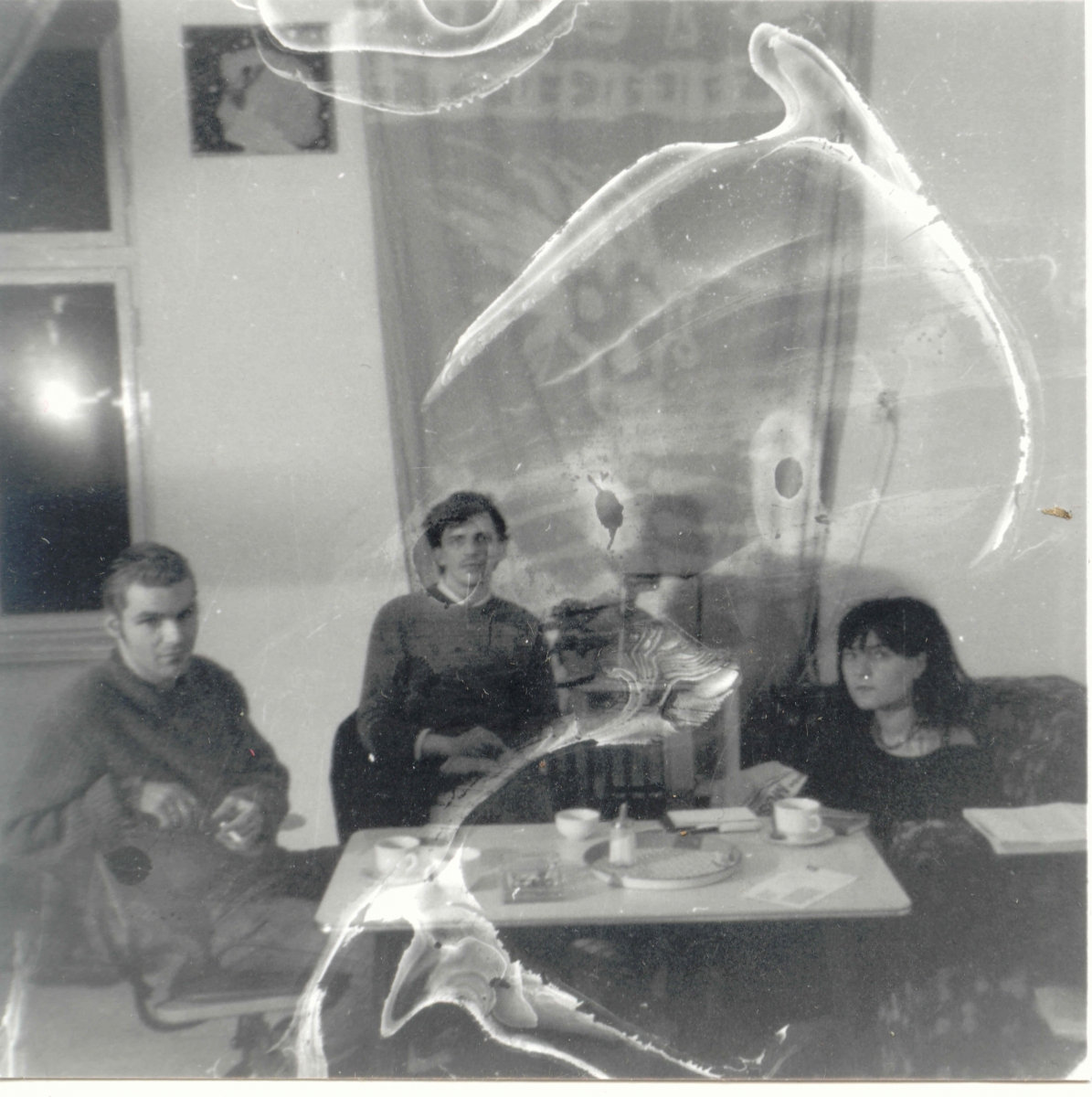At the end of the 1970s, the Federal Republic of Germany was in a state of flux: Economic cuts and social transformation processes fundamentally changed the German working and living environment. The visible corporate failures and the growing, structural unemployment created in the German society permanently signs of perceptible decay and crisis and a widespread awareness of the end of the "boom"-phase. In addition, due to the the "second cold war" the fear of a nuclear war grew stronger and new social movements dynamized.
In the context of these changed conditions, threats and perceptions, a multitude of young, German musicians resuscitate from the end of the 1970s a theory of behavior, which had recently appeared in the New Objectivity movement of the Weimar Republic: the praise of the "cold" (Helmut Lethen). With this, musicians from the environment of the Neue Deutsche Welle (New German Wave) sought to distinguish themselves from the pop culture of the Federal Republic, which they considered as imported, and from the "cult of warmth" of the left-alternative milieu.
The thesis analyzed the "cold wave" in German music at the end of the 1970s, its reception and historical references. In a second step, it explored the following manifestations of "cold" music in Germany to this day. It was looking for strategies, codes and motives of de-emotionalization, dehumanization, disharmony and affirmation with the threatening world. In addition to the products of the artists themselves, music magazines and pop-theoretical contributions by participating actors served as sources.
Florian Völker successfully defended his dissertation thesis successfully defended at the University of Potsdam.


